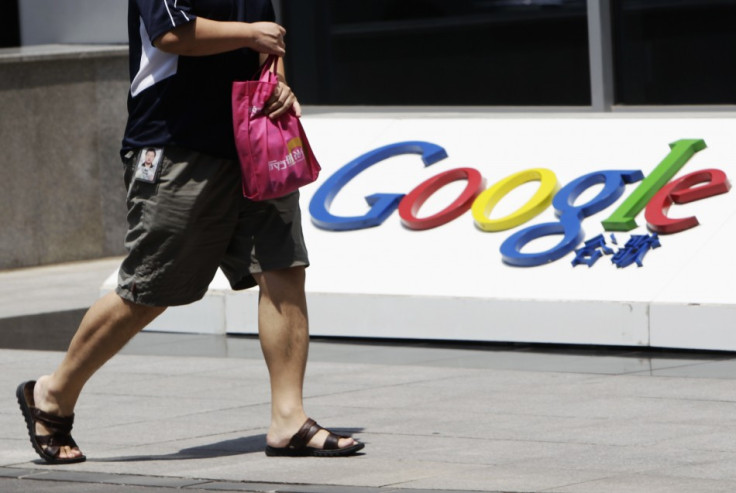Was China's Blocking of Google a Mistake or a Test?
Was the blocking of Google services in China for a 12-hour period on Friday a mistake or a test?

Google.com and a number of associated services, such as Gmail, Maps, Drive and the Play store, were all inaccessible from within mainland China from Friday evening local time, until early Saturday morning.
According to GreatFire.org, the Chinese web monitoring site which first reported the blocking of Google.com, said on Saturday morning, that the services were available in China once again, having been unavailable for around 12 hours.
This was the first time this has happened since the website began tracking online censorship in February last year.
The block took place while the Communist Party of China was holding the 18th Party Congress, which is unlikely to be a coincidence.
The outage on Friday evening/Saturday morning is reminiscent of a 10 hour block of Google.com back in March 2010, which took place immediately after Google's decision to redirect queries from Google.cn to Google.com.hk (Google Hong Kong), as a result of China-originated hacks on thousands of Gmail accounts.
The question raised then, and raised again over the weekend, is whether or not this was simply a mistake, or if it was a test, aimed at gauging the public's reaction to such a block.
Mistake or test?
The Chinese authorities block access to thousands of websites every day and therefore it is an easy assumption to make that Google was simply added to this list by mistake.
While this is certainly a valid thesis in the case of the 10-hour block in 2010, it is not so straight forward this time.
As GreatFire.org points out in its blog post, the incident in 2010 simply blocked Google.com and all sub-domains associated with it (such as mail.google.com, play.google.com, maps.google.com etc).
This time around the block consistent of those domain and sub-domains but crucially Google.com.hk and Google Analytics were also blocked, which would have required three separate actions. This would seem to rule out the "pressing-the-wrong-button-by-mistake" excuse.
The other option is that the Chinese authorities were carrying out a test. It was not a test of technical capability - because it is quite clear the Chinese authorities are capable of carrying out such actions - but a test of public response.
Although Google is only the second biggest search engine in China, making it unavailable along with Gmail, Drive and Play would have affected a huge amount of people. "Never before have so many people been affected by a decision to block a website," GreatFire.org said.
Reactions to the blocking of the services could be clearly seen on Sina Weibo, one of China's most popular social networking sites. Unsurprisingly users reacted negatively, blaming the 18th Party Congress which was being held at the same time.
The timing of the block on Google.com was also a key factor in suggesting this was simply a test.
The blocking began on Friday night local time, when all international business would have been finished and would therefore not be affected by any issues with Gmail or Google Drive.
Back to normal
Things have now reverted to normal, with Google.com accessible within China, along with the other services which were temporarily blocked, such as Gmail, Maps, Drive etc.
However China continues to block or partially block numerous Google services, such as Google+, Picasa and many more.
© Copyright IBTimes 2025. All rights reserved.






















